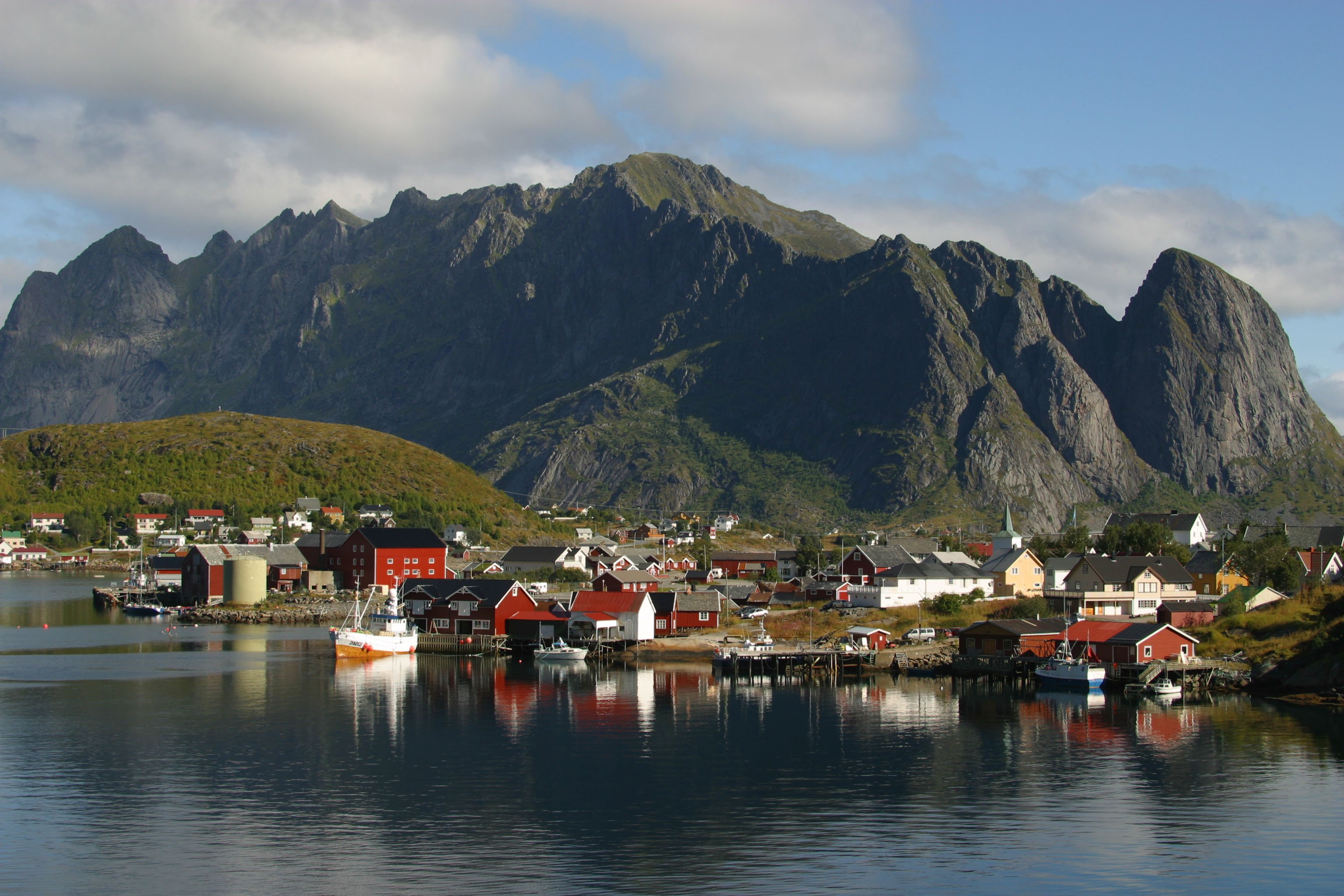A new mindset in Norwegian coastal zone planning

Our coastal areas are used by many, often with conflicting interests. A new management mindset can help to highlight nature’s importance to us, but a new research report shows that it will take time to establish in coastal zone planning.
“There is still a way to go from talking about ecosystem services in general terms, to implementing the framework in practical planning”, concludes research scientist Ann-Magnhild Solås.
The idea of ecosystem services
Politicians decide who can use our coastal areas and for what purposes. The basis for their decisions is made by municipal planners who compile large amounts of data from both public databases and from the local community when they develop proposals for coastal zone plans.
The term ecosystem services has entered Norwegian management via international agreements. Ecosystem services are services that nature provides to people in various ways, or various benefits that we receive from nature – such as water supply, recreation and sense of place.
The purpose of introducing the mindset of ecosystem services was that management should pay more attention to the value of nature. By mapping all these values along the coast and placing them into different categories of ecosystem services, one can highlight all the different values or benefits nature gives us. This in turn lays the foundation for weighing up different interests.
Seen from this perspective, the services that nature provides us with can be divided into four main sections:
- Provisioning services, such as food, wood and water
- Supporting services, such as spawning grounds and nursery areas for fish.
- Regulating services, such as kelp forests purifying water of waste materials
- Cultural services, such as recreation, inspiration, identity and learning
A long way to go

Nofima researcher Ann-Magnhild Solås has led the project investigating the ecosystem services perspective in coastal planning. Photo: Lars Åke Andersen © Nofima
Over a three year period, Ann-Magnhild Solås has examined how the perspective of ecosystem services can best be used in coastal zone governance. This work has taken place in collaboration with research colleagues in Nofima, the University of Tromsø, NIKU and the University of Ottawa.
After examining municipal and intermunicipal coastal zone plans, impact assessments and consultative statements, researchers conclude that there is a long way to go before ecosystem services are incorporated into Norwegian coastal zone management. The mindset tries to take into account a more holistic description of coastal zone values, but this may be too extensive and complex to be included in today’s planning processes. At the same time, there may also be important benefits that fall outside the mindset:
“For example, it might be important to look after man-made structures, but since they are not part of nature, they won’t be included in ecosystem services.”
How can we take this into account in the best possible way then? It is no easy task to categorize the services, nor to compare them to each other.
“Some coastal zone interests can be easily stated in pounds and pence, such as the value of jobs or turnover. Other interests can be difficult to reduce to a number, whether in monetary terms or points on a scale. The importance of tradition, learning or identity are values that need to be described and evaluated in other ways”, says Ann-Magnhild Solås.
A positive attitude regarding the framework
To adopt the mindset, the planners must first understand what is meant by ecosystem services.
“We asked sixty Norwegian planners and other people involved in coastal zone management. Not many of them knew what ecosystem services are or how to include them in planning”, says Solås.
Despite the fact that planners were not familiar with what it meant, they were overwhelmingly positive about the ecosystem services mindset. A better way of highlighting the values along the coast would surely make it easier to make trade-offs between interests?
“We really understand that planners want tools to make assessments easier. They are performing a very complex task. Unfortunately, this perspective is not yet adapted to the Norwegian planning system”, says Solås.
While neither planners nor most people are familiar with the term ecosystem services, it doesn’t mean that people don’t care about the services nature provides us with. A review of consultative statements regarding coastal zone plans in Troms County showed that people are deeply interested in many different ecosystem services, even though they use other words to describe them. In particular, they were concerned that supportive and cultural services should to be taken into account, such as spawning grounds for fish and bathing places.
The need for more precise guidance
The requirement to consider nature values lies firmly in place through international commitments and is therefore something municipal planners have to take into account. Therefore, researchers have encouraged the Ministry of Local Government and Modernization to prepare guidelines for coastal zone planning, so that the work of planners is made easier.
“Ultimately, politicians decide who can use the coastal zone and for what purposes. We must enable planners to give politicians the best possible basis for decision making”, says Solås.
The research project Coreplan is funded by The Research Council of Norway.

